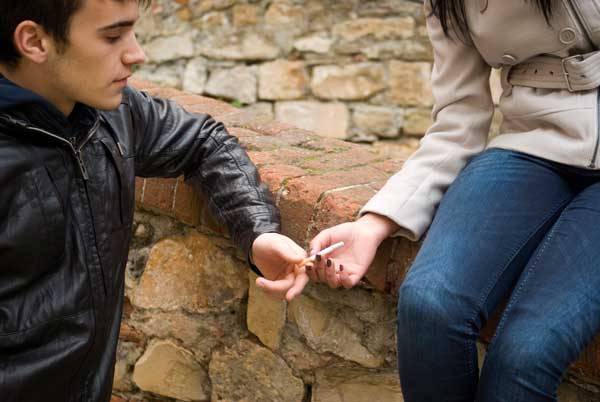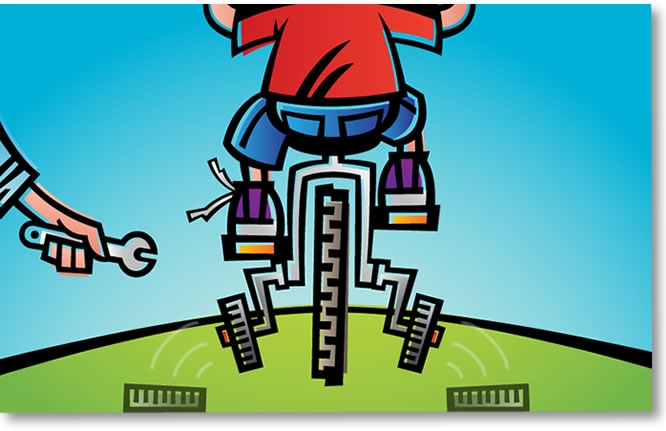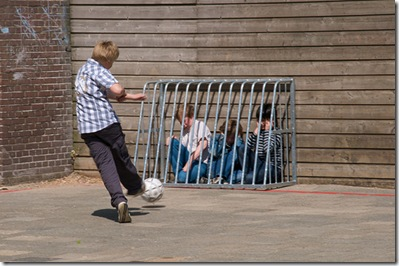Are you the parent of a teenager? If so, chances are that you know the struggle of trying to keep them safe while also letting them live their life. That is what so many parents have to worry about these days. It is even harder when it comes to broaching Internet security and knowing how to approach disciplining them in the age of information.
Here are some easy digital parenting mantras that will make your job a little easier:
1. You Are The Parent
The bottom line when it comes to keeping children safe online is to remember that you are the parent and are in control. You get to set the rules for your children, and they are to obey those rules. You can make sure that the rules are fair to them while at the same time maintaining their safety. There is nothing wrong with that. In fact, that is what you are supposed to be doing as the parent.
2. The Internet is a Privilege, Not a Right
In the same vein, kids and teens might need to periodically be reminded that their Internet use is a privilege granted to them, not a right. From their persepctive, widespread Internet access has been available to them for as long as they can remember. For this reason, it can be easy for teens, tweens and even young kids to feel entitled to have continuous Internet access from their phones or other digital devices.
Read More »














 Why do teenagers do what they do? If you are the
Why do teenagers do what they do? If you are the 

